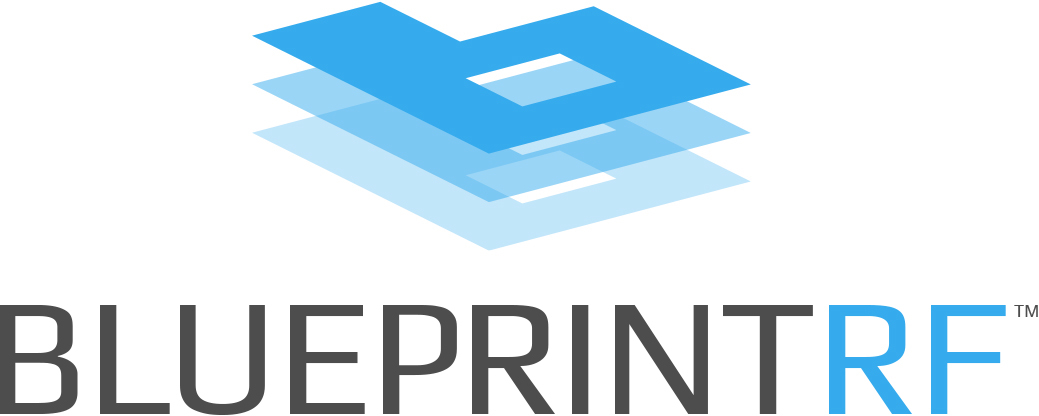Unlike retail shops and restaurants, running a successful hotel business requires a unique set of entrepreneurial and leadership skills.
Having a convenient location, great amenities, and a solid business plan is one thing. But how you go about organizing your team and delivering impeccable guest experiences is another.
With more than 74,000 hospitality providers in the U.S. alone, ensuring your hotel rises above the rest is critical to remaining competitive and successful. Keeping up with customer experience demands, supporting employee retention, and adopting new competitive technologies are just a few vital areas for entrepreneurs. Below we discuss a few of these ideas and more to help you run a hotel business successfully.
Focus on Guest Experience and Customer Relations
In 2013, a study conducted by Walker forecasted that at the end of 2020, customer experience would overtake price and product as the most important brand differentiator.
Fast-forward to today, and the data couldn’t be more accurate. Statistics show that over 80% of buyers will pay more for a better customer experience. The hotel industry is no exception. In fact, it’s one of the best models of how this data is put into practice.
If guests have a positive experience and continue to visit your hotel in the future, not only are they going to stay loyal guests for the long-haul, but they’ll also recommend your hotel to others.
To keep guests happy, hotel entrepreneurs and managers should focus on some of the following:
- Be aware of guest requirements and remain flexible to adapt as needed.
- Leverage innovative systems to enhance the overall guest experience.
- Review feedback – both positive and negative reviews offer a wealth of insight.
- Pay close attention to the latest trends in hospitality technology and use them to build customer relations.
- Spend time addressing issues, whether big or small, and lend a personal touch when tackling them.
Hotel managers need to turbocharge the guest experience and tune into their needs to cultivate loyalty and increase repeat business. The right technology can facilitate these objectives, but directing a passionate team is equally important.
Support and Inspire Your Team
Not only is hiring a significant hurdle in the hotel industry, but the long-term effort of retaining great employees is equally difficult.
Employee turnover is a growing problem in the hotel industry, with churn rates ranging from 30% to over 73%. That’s a generous range, as statistics from the Bureau of Labor indicate that turnover in the hospitality industry hovers around 70-80% annually. That’s shockingly high compared to other sectors that hover between 10-15%.
The reasons behind such high hotel turnover rates range from unclear employee expectations and lack of schedule predictability to weak pay and limited growth opportunities. According to a study by Cornell University’s School of Hospitality Management, employee turnover costs hospitality businesses an average of $5,864 per employee.
So how do hotel managers optimize for better employee retention? It starts with the benefits.
- Use benefits to incentivize long-term employment, including both retirement benefits and health care benefits.
- Build an attractive hospitality company culture that recognizes and rewards employees.
- Offer opportunities for growth and help employees develop their careers.
- Focus on providing exceptional leadership and be a great role model.
Implementing employee retention strategies is vital to running a successful hotel. For more insight, explore Quore’s ideas on keeping your team happy.
Invest in Hotel Branding and Reputation Management
The impact of online reviews, social media sharing, and any word-of-mouth that follows positive or negative reviews can significantly impact a hotel’s brand reputation.
A survey by Podium suggests that 93% of consumers say that online reviews impact their purchasing decisions. For high-ticket items like travel decisions and booking hotels, that percentage can be even more significant.
Leveraging reputation management tools and being proactive about review generating is one of the most potent weapons in a hotel’s marketing arsenal. Beyond the apparent objective of soft-selling prospective customers with positive guest reviews, continuously updating your website with user-generated reviews can improve its crawl rate and SEO.
Without question, a hotel manager should prioritize online reputation management and branding to grow the business successfully. Some of the fundamental duties include:
- Implementing email marketing systems that follow-up with guests and asks for feedback about their experience.
- Regularly monitoring reviews on all platforms like Google, TripAdvisor, and other booking websites.
- Taking ownership of the hotel’s online presence on the web, especially in Google Search.
- Responding to all negative reviews in an amicable and timely manner.
- Generate buzz on social media platforms with offers, promotions, and sponsored content.
- Ensuring guest (or prospective guest) inquiries receive a timely response.
Embrace the Latest Hotel Technologies and Trends
Customer demands drive business, and technology plays a crucial role in attracting hotel guests and enhancing their stay. Understanding what types of technology to implement will translate into an experience that will drive real value for the guest while supporting hotel branding and marketing efforts.
Providing free WiFi and in-room entertainment is no longer enough. Successful hotels thrive because they update their day-to-day technologies to offer guests the best experience possible. Hotel managers should consider:
- Implement cloud-based technologies to streamline hotel management activities.
- Stay on top of new industry trends and acquire knowledge of the latest trends.
- Update property management systems to increase reservations and minimize time spent on manual updates.
- Keep a close eye on what primary competitors are doing, and be flexible to adapt and pivot.
- Update, educate, and motivate employees, and ensure proper training is in place for system updates.
Smart hotel managers don’t just do what’s needed to be done. They anticipate problems before they arise, predict customer behavior, and go the extra mile to run a successful hotel.
This post is part of BlueprintRF’s entrepreneur series, a collection of articles intended to equip business owners and executives with the tools, information, and resources they need to thrive in the hospitality industry.









